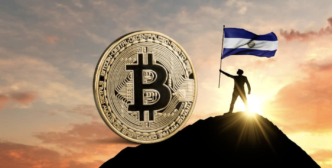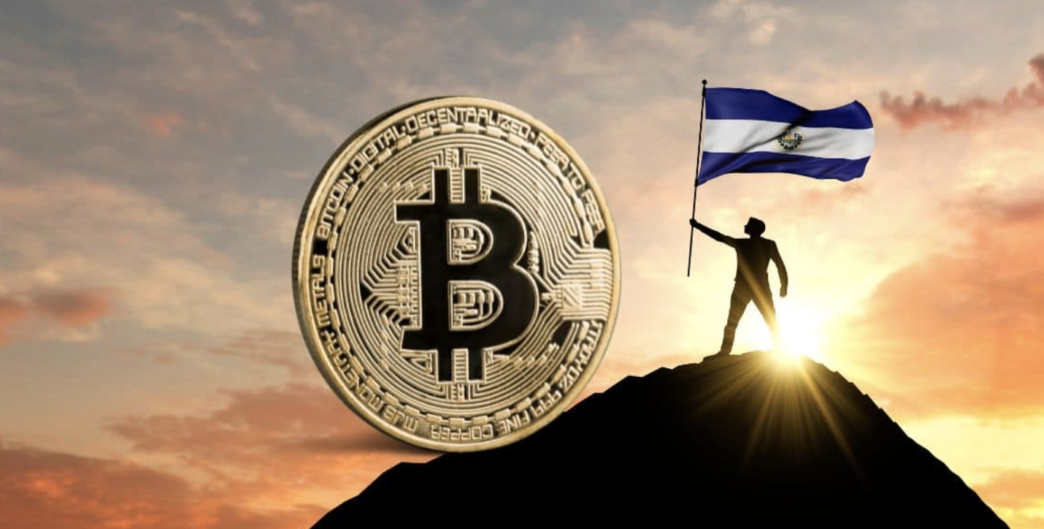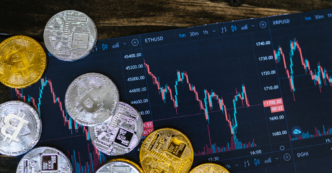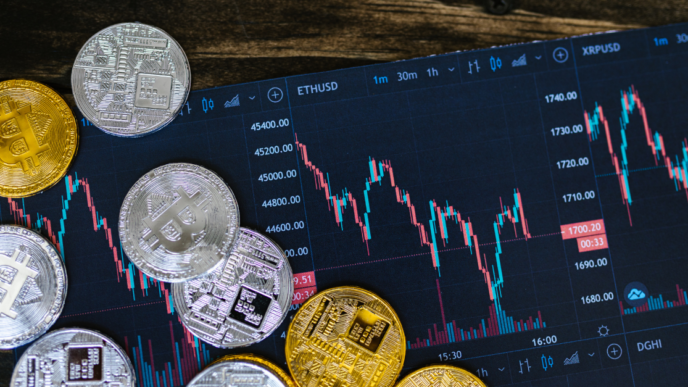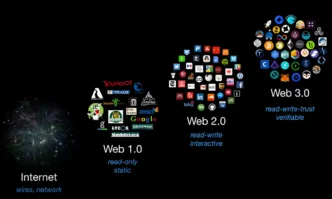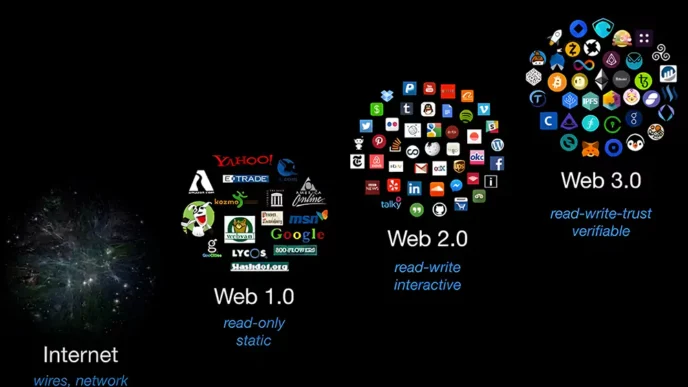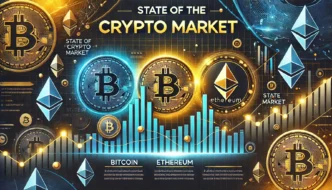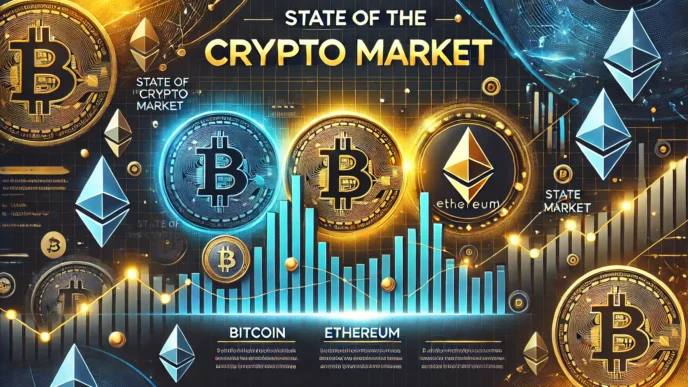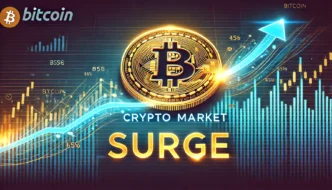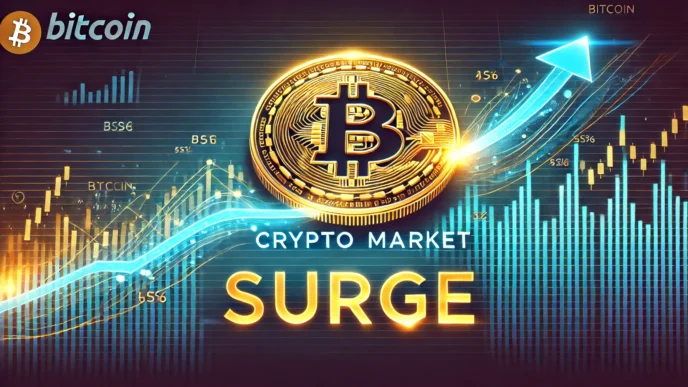El Salvador, the trailblazer in embracing Bitcoin as legal tender, is setting a global example with its innovative approach to crypto regulation. Leading this charge is the National Commission of Digital Assets (CNAD), established to create a specialized framework for digital assets, free from the constraints of traditional financial systems.
In an exclusive interview, CNAD President Juan Carlos Reyes emphasized how El Salvador is positioning itself as a pioneer in the financial revolution. “For the first time in modern history, developing countries like ours can lead the way, shaping a future where financial inclusion and innovation go hand in hand,” Reyes stated passionately. Also to include El Salvador’s Crypto Revolution.
The Visionary Behind the Revolution
Juan Carlos Reyes, a distinguished technologist and Bitcoin advocate, brings a wealth of experience and academic prowess to his role. With degrees in computer science, physics, and international economics, he has transformed the CNAD into a global leader in crypto regulation. Under his leadership, the agency’s 35-member team, including blockchain-savvy staff and post-graduate crypto specialists, ensures a cutting-edge regulatory framework.
Reyes explained why traditional regulators struggled with crypto: “Digital assets aren’t like traditional financial instruments. They require a fresh perspective, which is why CNAD was built from scratch to understand the technology deeply.” and also El Salvador’s Crypto Revolution.
Why El Salvador Stands Out
Unlike larger nations tied to legacy systems, El Salvador started with a clean slate. This agility allowed it to craft a regulatory system tailored to digital assets. Reyes likens the situation to fixing an electric car: “If you bring an electric car to a traditional mechanic, they won’t know what to do. That’s why we focused on mastering the technology rather than adapting outdated systems.”
This forward-thinking approach has attracted global crypto players like Tether and Bitfinex, alongside local startups. The CNAD ensures compliance through rigorous standards, making El Salvador a trusted hub for blockchain innovation.
Tokenization and Financial Inclusion
One area where El Salvador is making waves is tokenization, a process that democratizes access to investments. Reyes shared his enthusiasm: “Just as Robinhood revolutionized stock investing in the U.S., tokenization will unlock new opportunities for retail investors in developing nations.”
By tokenizing real-world assets, Salvadorans can access previously unattainable financial instruments, leveling the playing field and boosting economic participation.
A Model for the World
El Salvador’s bold initiatives prove that developing nations can lead the financial revolution. Reyes encourages other countries to learn from El Salvador’s model, highlighting its success in fostering innovation while prioritizing transparency and security.
“Our nation demonstrates that with the right mindset, even smaller economies can set the standard for the world,” Reyes concluded.
A final Word:
A New Dawn for Crypto Regulation
El Salvador’s journey is more than a national success—it’s a call to action for developing countries to embrace the transformative power of digital assets. With leaders like Juan Carlos Reyes at the helm, the nation is not just keeping up with the financial revolution—it’s driving it.
Explore how El Salvador is reshaping the future of finance and leading the charge for a fairer, more inclusive global economy.
About the Author:
Ian Scarffe is a serial entrepreneur, investor, key opinion leader and Blockchain consultant with business experience from around the world.
An expert in Startup, Investment, Fintech, Web3, AI, ETF, Digital Assets and Blockchain.
Ian currently consults and advises for a range of multi-million dollar companies.
Ian’s overall mission is to foster a society of economically independent individuals who are engaged citizens, contributing to the improvement of their communities across the world.
Follow Ian Scarffe:

